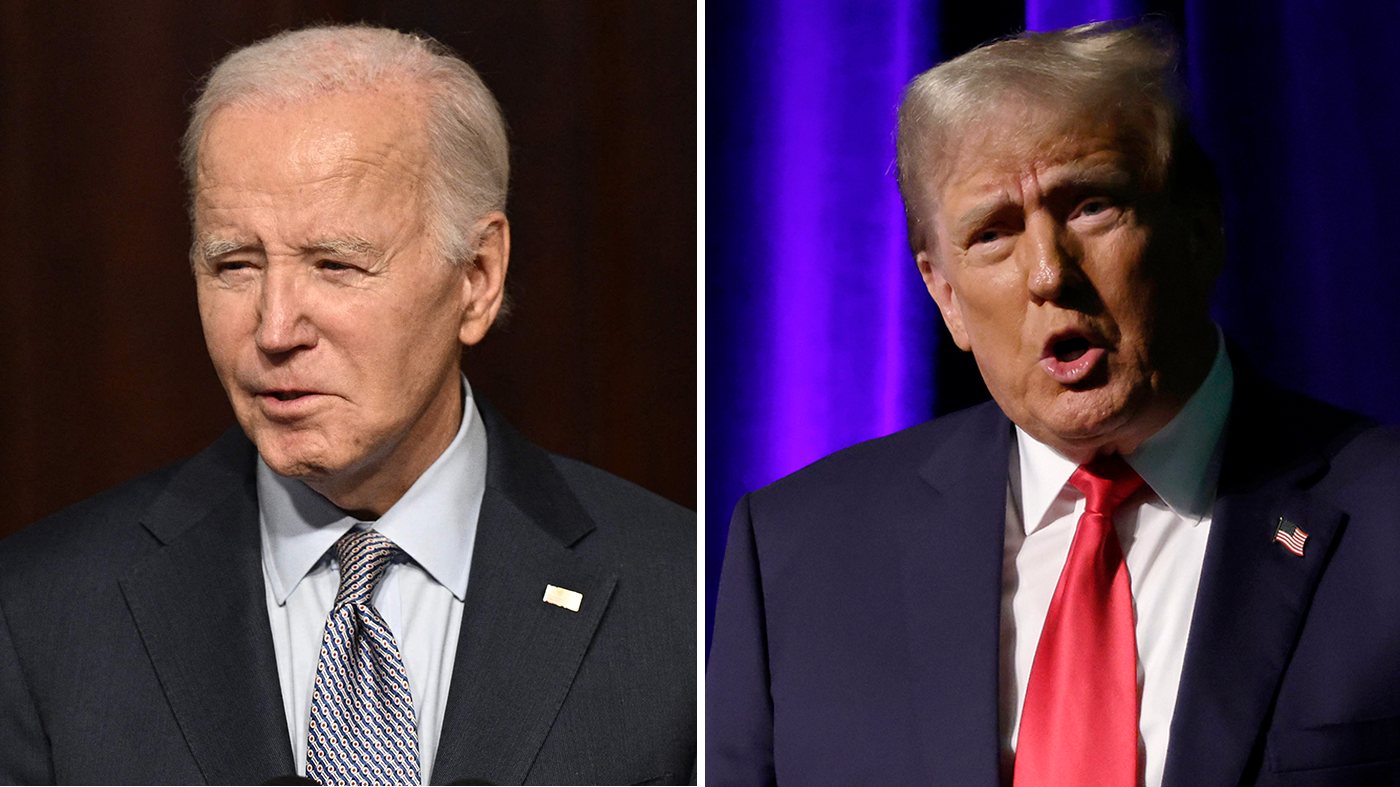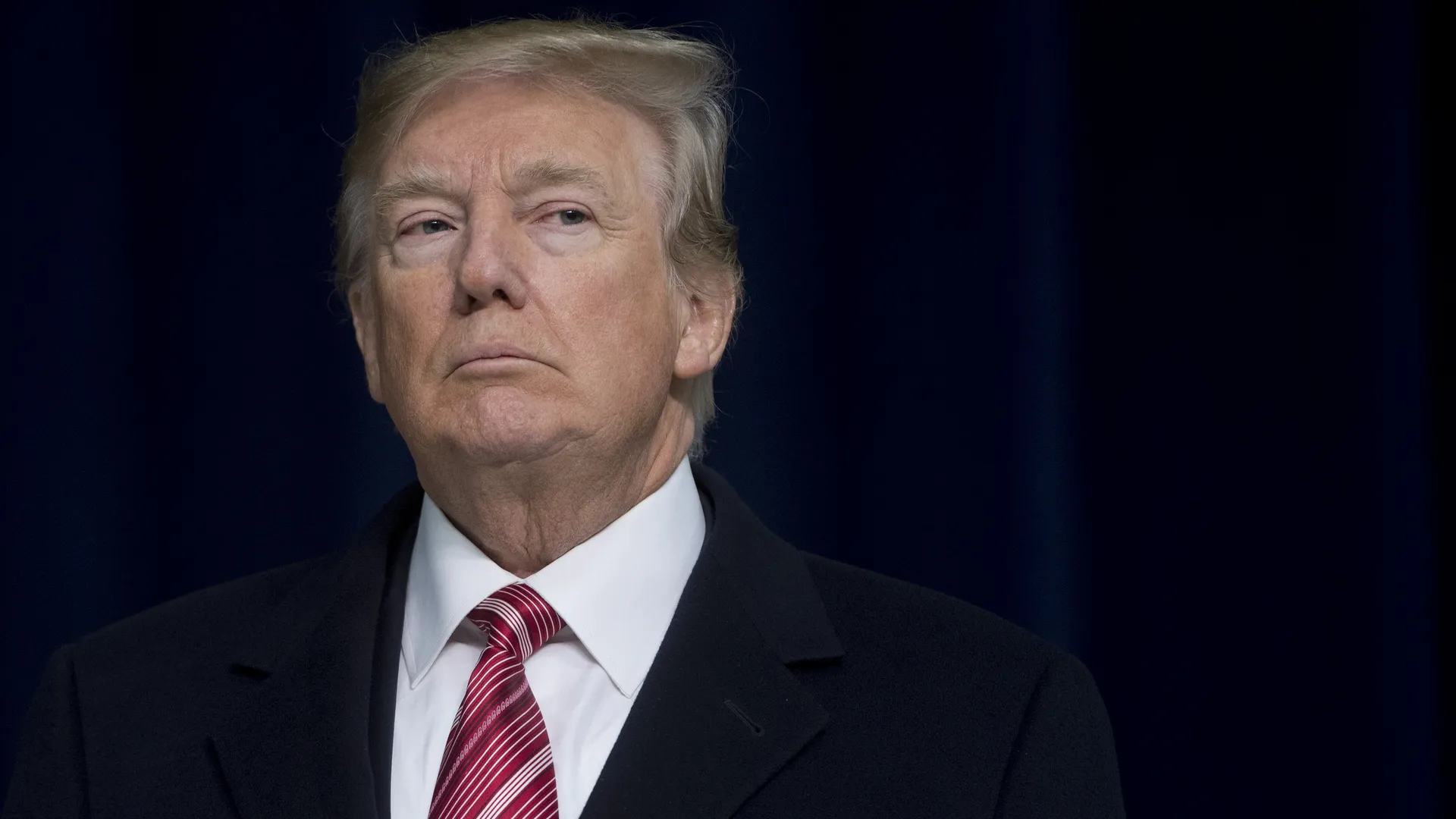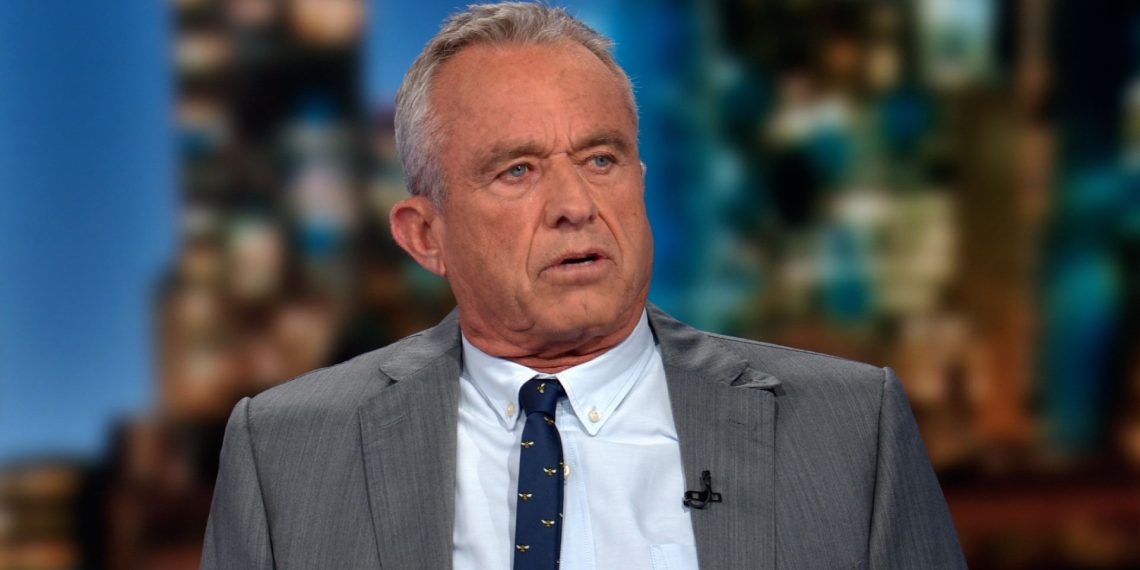In a recent Emerson College/The Hill poll, Robert F. Kennedy Jr.’s independent presidential bid emerges as a significant factor in the 2024 election landscape, particularly impacting Joe Biden‘s prospects in important swing states.
Across battlegrounds like Arizona, Georgia, Michigan, Nevada, North Carolina, Pennsylvania, and Wisconsin, Biden faces a narrow margin against former President Donald Trump.
In a head-to-head race, Trump edges out Biden by slim margins. However, when third-party candidates such as RFK Jr. are factored in, Biden suffers more loss of support compared to Trump in several key states, including Georgia, Nevada, North Carolina, Pennsylvania, and Wisconsin.

While Arizona and Michigan show a more even distribution of support between the two major candidates and third-party contenders, the dynamics vary across states.
The survey, conducted among 1000 registered voters from April 25 to 29, carries a margin of error of +/- 3 percentage points.
RFK Jr., transitioning from a Democratic to an independent candidacy, brings a unique influence to the race as an environmental lawyer and the son of former Senator Robert Kennedy.
His presence complicates the electoral calculus, potentially reshaping the traditional voting patterns in swing states that are important for clinching victory in the Electoral College system.
Political analysts caution against reading too much into early polls, emphasizing the volatility of public opinion at this stage of the campaign.
While Biden and Trump remain locked in a tight contest nationally and in pivotal swing states, the race is far from predictable.

With five months remaining until the election, the polling landscape may evolve significantly, making it premature to draw definitive conclusions about the final outcome.
As the election approaches, the focus intensifies on swing states, where every vote carries heightened significance in determining the eventual winner.
The influence of third-party candidates like RFK Jr. underscores the complexity of the electoral dynamics, shaping the narrative of the 2024 presidential race.





